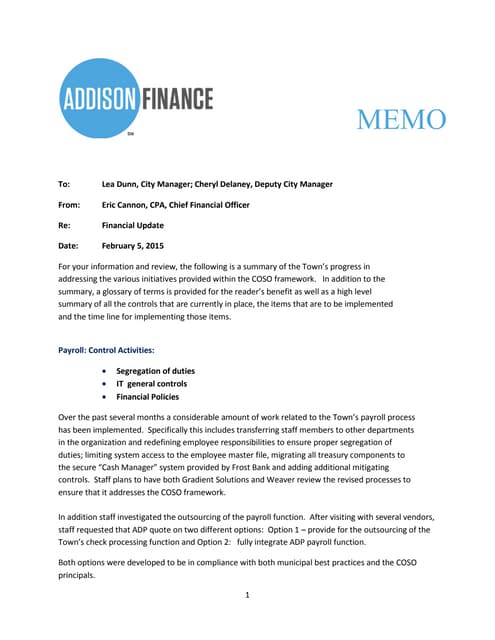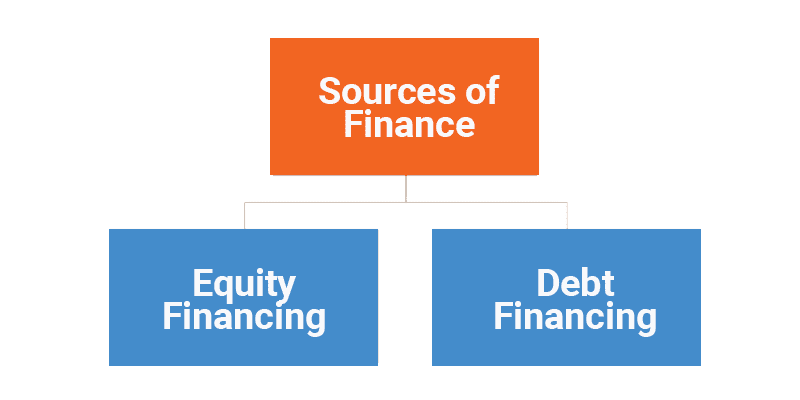Our Lawyers have Broad Capabilities In Project Finance
BakerHostetler purchasers rely on our Debt Finance workforce to execute their most advanced capital wants in the worldwide debt finance market. Now we have assisted a few of the world's largest market leaders in the vitality, healthcare, hospitality, media and transportation sectors with their financing wants for all the pieces from acquisitions to capital restructuring. We also represent bank teams and different credit sources in structuring U.S. We work with credit construction, documentation and collateral issues in all varieties of senior and subordinated business and asset-primarily based services, including public issuance and private placement of senior and subordinated notes. Our legal professionals have broad capabilities in project finance, real property portfolios, receivables and different monetary devices. We help borrowers secure low-price financing while using subtle techniques to guard lenders. Our capabilities in lease financing, notably sale-leaseback and artificial lease transactions, are well-known in the business. We've a long and successful history of representing public sector and not-for-revenue borrowers and their underwriters in issuing tax-exempt debt and other public finance devices.
Finance Of America
Content was gen erat ed by G SA Con tent Generator D em oversion!
Finance Department And Love - How They're The same On the Aerospace facet, corporations rely upon progress in air journey, airline profitability, and the need to improve and substitute older planes. Research & improvement is extremely dangerous because if a company “guesses wrong” about what the market needs, it may endure for years or decades. You saw this with Airbus and its A380, which break the bank but didn't catch on in the way in which the corporate needed. Key metrics embrace the order backlog, capacity utilization, passenger traffic, and the growth of recent airline routes. For Defense companies, the sorts of contracted tasks within the backlog, comparable to fastened-price vs. These firms profit from robust financial development and world trade, and they’re hurt by decrease progress expectation, falling commerce volumes, and better oil costs. Shipping corporations are pushed by the demand for meals, commodities, oil, and petrochemicals, and trucking and rail corporations usually transport commodities and basic materials. For these corporations, key metrics embrace the common size of haul, the average age of the fleet, and fleet utilization.
On the Aerospace facet, corporations rely upon progress in air journey, airline profitability, and the need to improve and substitute older planes. Research & improvement is extremely dangerous because if a company “guesses wrong” about what the market needs, it may endure for years or decades. You saw this with Airbus and its A380, which break the bank but didn't catch on in the way in which the corporate needed. Key metrics embrace the order backlog, capacity utilization, passenger traffic, and the growth of recent airline routes. For Defense companies, the sorts of contracted tasks within the backlog, comparable to fastened-price vs. These firms profit from robust financial development and world trade, and they’re hurt by decrease progress expectation, falling commerce volumes, and better oil costs. Shipping corporations are pushed by the demand for meals, commodities, oil, and petrochemicals, and trucking and rail corporations usually transport commodities and basic materials. For these corporations, key metrics embrace the common size of haul, the average age of the fleet, and fleet utilization.
Financial sponsors lead many deals, so many industrials investment bankers head into non-public equity. Corporate improvement can also be a possibility, as are hedge funds. The one exit alternative that you simply don’t have an incredible shot at is venture capital and, together with it, startups. There are some startups within the industrials sector, however they're normally still know-how-based mostly corporations - comparable to software companies that help manufacturing corporations enhance their provide chains. You gain broad publicity to completely different deal types and verticals, so your exit alternatives shall be quite broad. You won’t pigeonhole yourself as a result of the accounting, valuation, and monetary modeling aren't specialised. You gain a whole lot of publicity to financial sponsors as a result of a lot of the companies are mature, have stable cash flows, and are good buyout targets. There’s vital debt and M&A activity and comparatively less fairness deal flow. The sector is so diverse that you may transfer into a different vertical with more deal flow in case your group slows down. The sector is very delicate to financial activity, so if there’s a recession, deal flow will slow down significantly… Defense firms, maybe. It’s the exact opposite of a “defensive” sector, like healthcare or utilities.
When a live deal takes place, you’ll be liable for the company and trade background and other qualitative components in the CIM, teaser, or gross sales workforce memos, and you’ll take the lead on the 3-statement mannequin for the corporate. Bankers in the other groups would possibly add the transactional components to the model and handle extra specific tasks, equivalent to modeling a divestiture or earn-out. You’ll work on quite a couple of M&A and debt offers in this sector because many firms are mature, with stable money flows, and mature industries are inclined to consolidate over time. Many personal fairness corporations also give attention to industrials, so you’ll see an excellent variety of leveraged buyouts, bolt-on acquisitions, and dividend recaps. Equity offers are considerably much less frequent in this sector as a result of there are fewer excessive-growth corporations than there are in, say, know-how or healthcare. Most industrials companies are extremely correlated with the broader economy, which makes most of them cyclical.
 You also factor in income from cargo, baggage charges, and different sources, but those are the basics. You can get all the case study, based on a debt vs. Representative Large, Global, Public Companies: Mitsubishi Corporation (Japan), General Electric (U.S.) (for now…), Siemens (Germany), SK Holdings (South Korea), CITIC (China), Hanwha (South Korea), Honeywell (U.S.), and 3M (U.S.). The last category here does a little bit of every thing. These corporations are likely to operate across many verticals inside industrials, and typically they even cross into different sectors, similar to technology, media, finance, and healthcare. They usually acquire smaller corporations, divest divisions, and operate in such a range of geographies and markets that it’s tough to make definitive statements about them. To investigate these firms, you need to have a look at every division and do a sum-of-the-components evaluation, factoring in corporate overhead. Since industrials corporations execute so many debt offers, banks with robust Balance Sheets tend to do nicely on this sector. Look at the U.S., European, and global league tables, and you’ll see corporations like Bank of America Merrill Lynch (BAML), JP Morgan (JPM), Citi (C), and Credit Suisse (CS) close to the highest.
You also factor in income from cargo, baggage charges, and different sources, but those are the basics. You can get all the case study, based on a debt vs. Representative Large, Global, Public Companies: Mitsubishi Corporation (Japan), General Electric (U.S.) (for now…), Siemens (Germany), SK Holdings (South Korea), CITIC (China), Hanwha (South Korea), Honeywell (U.S.), and 3M (U.S.). The last category here does a little bit of every thing. These corporations are likely to operate across many verticals inside industrials, and typically they even cross into different sectors, similar to technology, media, finance, and healthcare. They usually acquire smaller corporations, divest divisions, and operate in such a range of geographies and markets that it’s tough to make definitive statements about them. To investigate these firms, you need to have a look at every division and do a sum-of-the-components evaluation, factoring in corporate overhead. Since industrials corporations execute so many debt offers, banks with robust Balance Sheets tend to do nicely on this sector. Look at the U.S., European, and global league tables, and you’ll see corporations like Bank of America Merrill Lynch (BAML), JP Morgan (JPM), Citi (C), and Credit Suisse (CS) close to the highest.

